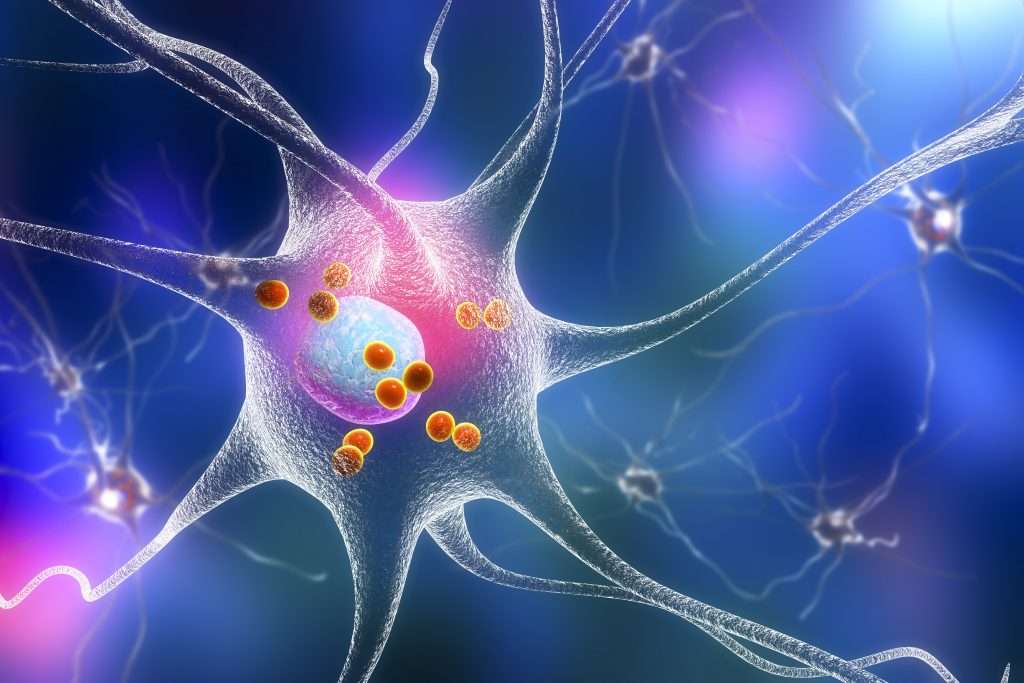Researchers at Kyoto University’s Centre for iPS Cell Research and Application in Japan have announced the start of a clinical trial of using induced pluripotent stem (iPS) cells to restore brain cells in patients with Parkinson’s disease.
Parkinson’s disease is a degenerative neurological disorder characterised by tremors, muscle rigidity and loss of motor function. This condition is caused by a lack of dopamine, a neurotransmitter responsible for the transmission of signals between nerve cells (neurons) in the brain. Researchers have therefore focused on using stem cells to restore normal production of the chemical neurotransmitter.
Induced pluripotent stem (iPS) cells are obtained from the mature cells of an adult individual – usually from the skin or blood – and are reprogrammed in the laboratory to behave like embryonic stem cells. These, in turn, are coaxed to become dopamine-producing brain cells.
The iPS cells will then be injected into the putamen, the region of the brain most responsible for Parkinson’s-related neuronal degeneration. More than 5 million reprogrammed cells will be transplanted into patients so that they develop into neurons that replace the dopamine lost due to the disease.
More than 15,000 people in Switzerland suffer from Parkinson’s disease. During Parkinson’s disease awareness month, contact us to find out how you can preserve your child’s umbilical cord, an invaluable source of stem cells, with Swiss Stem Cell Science.


